With some exceptions, most are OK
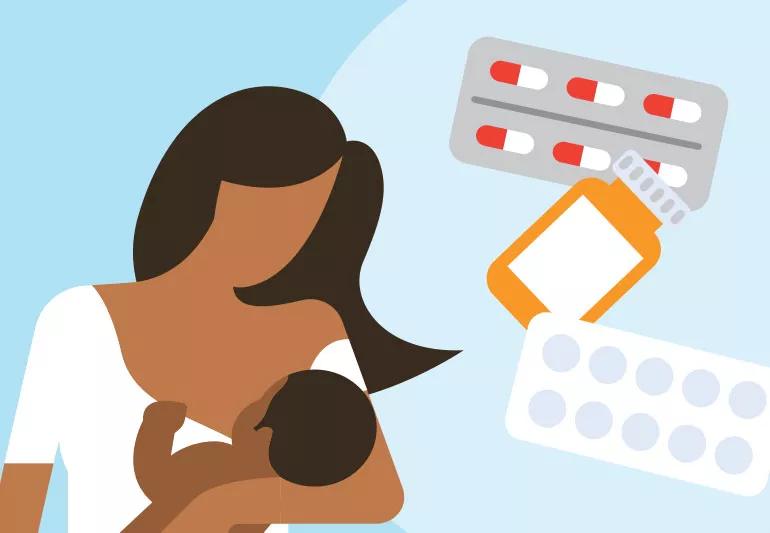
When it comes to our health, we should be conscientious about what we put into our bodies — after all, what we consume has a direct impact on our overall health. But that practice is especially true for nursing parents who are breastfeeding (chestfeeding) their babies or pumping their breast milk to bottle-feed their newborns.
Cleveland Clinic is a non-profit academic medical center. Advertising on our site helps support our mission. We do not endorse non-Cleveland Clinic products or services. Policy
We know it’s best to quit smoking while breastfeeding because smoking cuts down on the supply of breast milk and has a negative impact on babies. But what about over-the-counter medications? Can the drugs you take for other health conditions seep into your breast milk and be passed on to your child? And do you need to cut back on any dosage recommendations to protect your baby?
Pediatrician and breastfeeding medicine specialist Heidi Szugye, DO, IBCLC, shares the good news about common medications you might be taking, along with which medications to avoid while breastfeeding.
Only a very small amount of nearly all medications taken by a nursing parent pass into their human milk. In most cases, just less than 1% makes it through to the final product. That means, with few exceptions, nursing parents can continue taking their medications, including most over-the-counter ones because the amount your baby consumes is not nearly enough to affect them.
“The amount of medication that actually gets in the breast milk, for most medications, is usually so little,” says Dr. Szugye. “Some of it is even broken up by the acidic contents of the stomach and the baby so that often, by the time it reaches the baby’s bloodstream, it’s so minimal.”
When considering medications that are safe to take, eight general rules apply:
“In general, you shouldn’t assume something is safe or not safe,” advises Dr. Szugye. “You should always reach out to your healthcare provider if you have any specific questions or concerns. There are also a lot more resources out there than ever that can be really helpful.”
Some helpful resources include:
“Some medications will potentially decrease your breast milk supply, so that’s something to think about,” notes Dr. Szugye. “There are also some medications that we need to be cautious of and monitor the baby for possible side effects, but for the most part, many over-the-counter medications are safe.”
Specific signs and symptoms of negative side effects to look out for include:
“If your baby is acting more lethargic, they’re not waking up for feedings or not feeding well, or their diapers are less wet than usual, those are all red flags that your baby needs some medical attention,” warns Dr. Szugye.
Most over-the-counter pain medication is safe for the infant if it’s safe for the nursing parent during pregnancy, including:
But ibuprofen and naproxen should be avoided in infants with congenital heart disease. Talk to your healthcare provider regarding pain management and any prescription pain medicine that you have to see whether or not it’s safe.
In some cases, low doses of oxycodone or hydrocodone are safe when used for short-term pain relief while breastfeeding, but you should avoid medications or formulas that contain codeine if possible. Many adults can be slow or rapid metabolizers of codeine which may increase the possibility of side effects in your baby.
Most cold medicines are safe while breastfeeding, especially if you take them short term and only when you need them. Some of the medications that are safe include:
Remember, cold medications often have multiple-ingredient formulas to address multiple symptoms, so you want to be careful not to double up on ingredients and only take these sparingly.
The cold medications you should avoid are the ones that include pseudoephedrine (Sudafed®) or phenylephrine (Neo-Synephrine®) — both oral and nasal preparations — as they can decrease milk supply.
“Even just one dose of 60 milligrams of Sudafed can cut the supply of breast milk by 25%,” states Dr. Szugye. “We actually use Sudafed for nursing parents that have an over-supply of breast milk to decrease their supply to relatively normal levels.”
Most antibiotics (including some types of penicillin, like amoxicillin and ampicillin) are safe with breastfeeding, but you should always tell your physician if you’re breastfeeding before taking any antibiotics. Some antibiotics should be avoided in infants with jaundice, in the first weeks of life, and if they were born preterm.
Second-generation allergy medications and antihistamines are also safe to take while breastfeeding, including:
Although generally considered safe to use, first-generation allergy medications like diphenhydramine (Benadryl®) can cause sedation in infants and decrease milk supply, so you want to avoid anything that might cause drowsiness in you or your infant.
The safety of prescription medications vary widely based on the kind of medication, dose, frequency and how long you’ve been taking it. Medications you’ll want to discuss with your healthcare provider include:
If you have any questions regarding your prescription medications, talk to your healthcare provider who can offer additional or alternative medications if something poses additional risk.
Learn more about our editorial process.
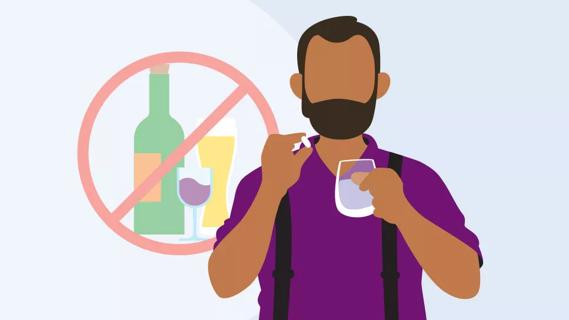
Even a little alcohol can slow your recovery, so it’s best to wait until after you finish your antibiotics before imbibing
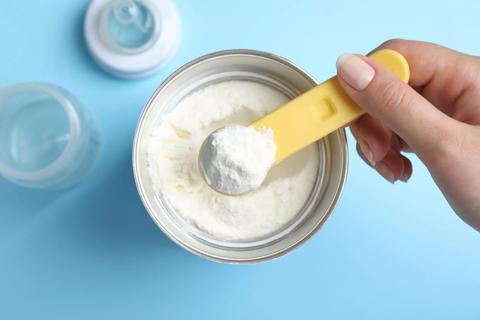
When breastfeeding doesn’t go as planned, you may need to supplement with formula or donor breast milk — and that’s OK
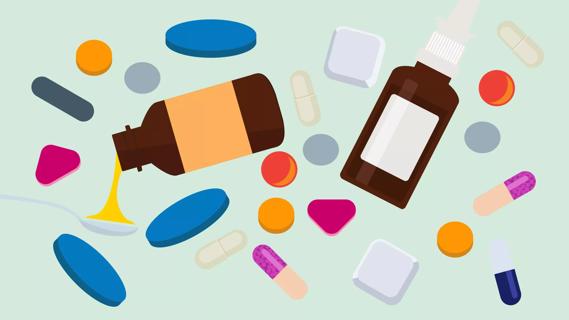
Some types of expired meds may not be harmful, but they probably aren’t worth the risk
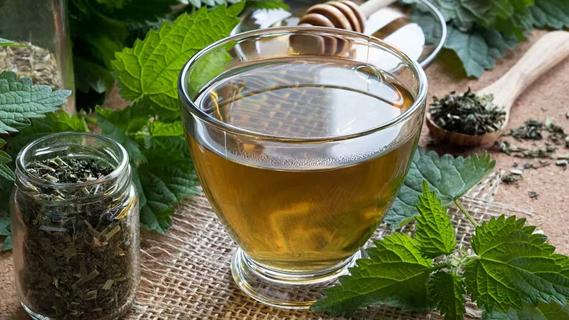
Breastfeeding supplements can be a needless expense at best, and risky at worst

Typically, milk comes in a few days after birth and regulates around four weeks after delivery

Most parents report an improvement in breastfeeding, but there’s a chance the procedure won’t solve the issue

From the football hold to the cradle hold, consider trying a variety of techniques
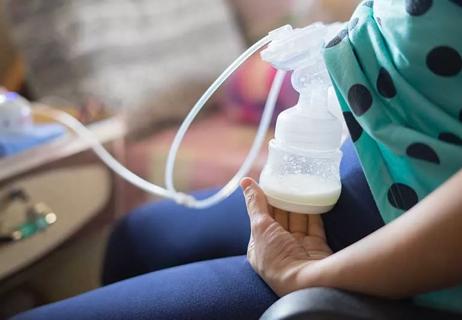
Gentle massaging, lying on your side and hand-expressing a little milk can help

Your metabolism may torch 1,300 to 2,000 calories daily with no activity

A gentle touch in all the right places may help drain your sinuses